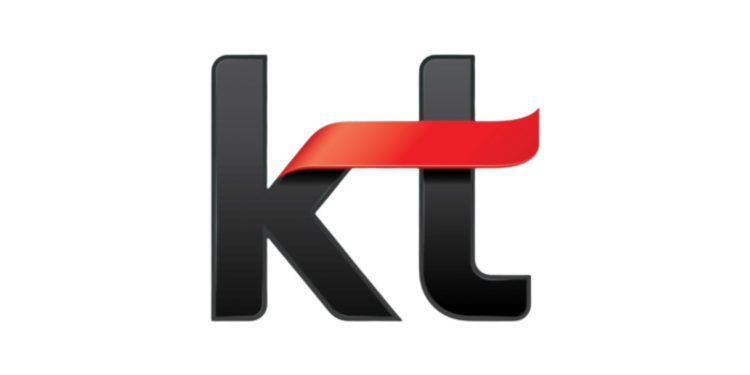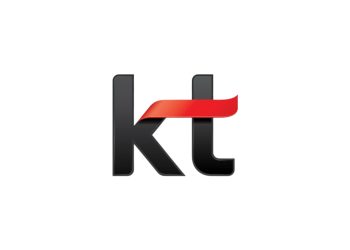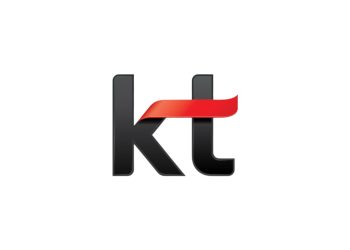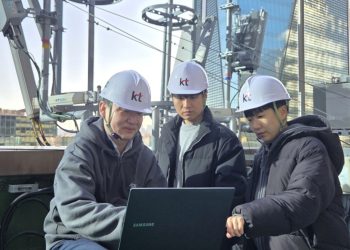KT has announced that it will begin building an artificial intelligence (AI) platform designed to support the Supreme Court’s trial processes. The project, valued at 14.5 billion won (approx. $10.5 million), aims to improve the accuracy and efficiency of judicial operations through digital transformation.
The KT-led consortium was selected as the final contractor for the project following a competitive bidding process, with its strengths in legal-focused AI technologies playing a key role in its selection. The consortium comprises Elbox, renowned for its expertise in commercial legal tech services; Konan Technology, which offers advanced data search and labeling capabilities; and MT Data. KT’s proposal featured a suite of large language models tailored for legal tasks, developed using its proprietary Mi:dm 2.0 AI framework.
KT will oversee the entire development and implementation of the platform, which is designed to support a wide range of trial-related functions. These include building AI models trained specifically on legal texts, offering search services that reference past judgments and statutes, automatically identifying and summarizing core legal issues, and assisting judges in drafting verdicts. The system aims to reduce the burden on legal professionals while enhancing the consistency and quality of court decisions.
The Supreme Court anticipates that the platform will play a major role in modernizing judicial workflows through the application of AI experience (AX) technology. By reducing trial backlogs and increasing productivity, the project is expected to bring greater speed and accuracy to the court system. This initiative marks a significant step toward embedding AI into Korea’s legal infrastructure and reflects growing interest in using technology to streamline government operations.
KT views this partnership as a strategic milestone in expanding its presence in the public sector AI market. With Mi:dm 2.0 at the core of its offering, the company plans to further develop AI services tailored to government institutions and businesses, particularly in areas that require highly specialized knowledge, such as law and public administration.
Yoo Yong-gyu, executive vice president of KT’s public sector division, emphasized the importance of the project, describing it as a foundation for the practical digital transformation of the judiciary. He noted that KT will continue to enhance its AI offerings to meet the specific needs of public organizations, aiming to boost national competitiveness in the legal domain through smarter, more efficient systems.
Looking ahead, KT intends to expand its AI-powered AX solutions beyond the Supreme Court to other public and private institutions. By leveraging Mi:dm 2.0, the company is positioning itself as a leading provider of AI tools that combine linguistic intelligence with deep domain expertise—an approach that could redefine how legal and administrative processes are managed in the digital era.







